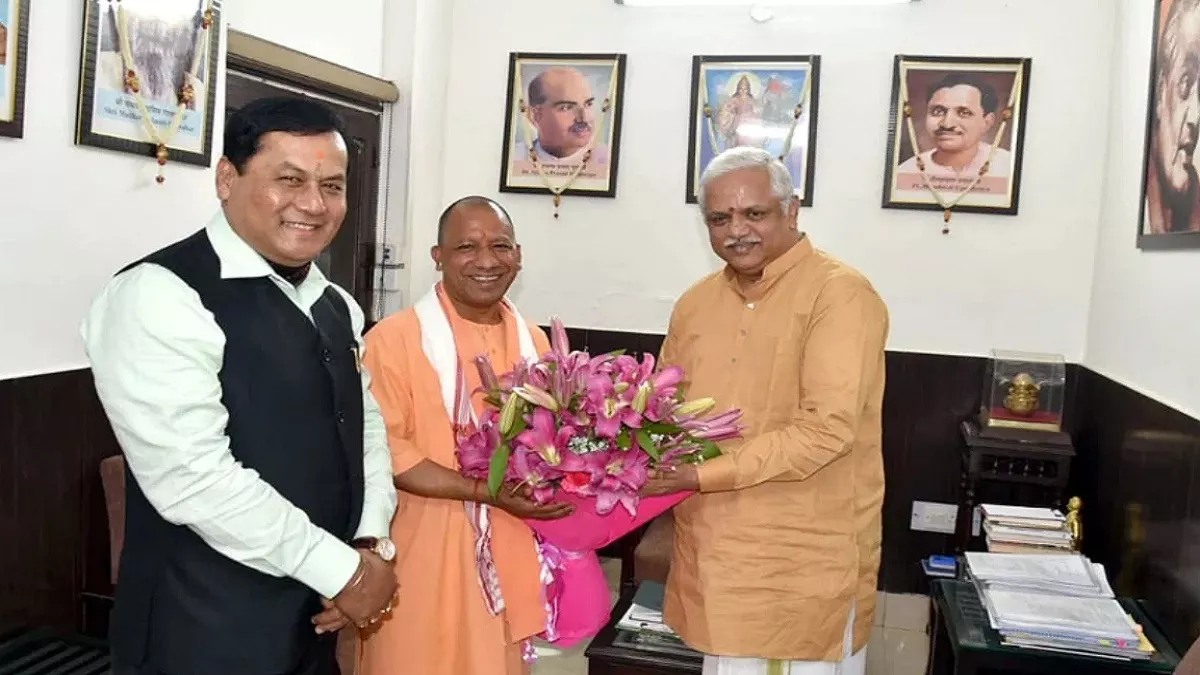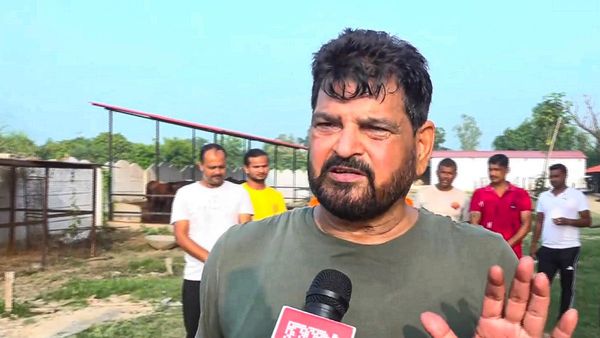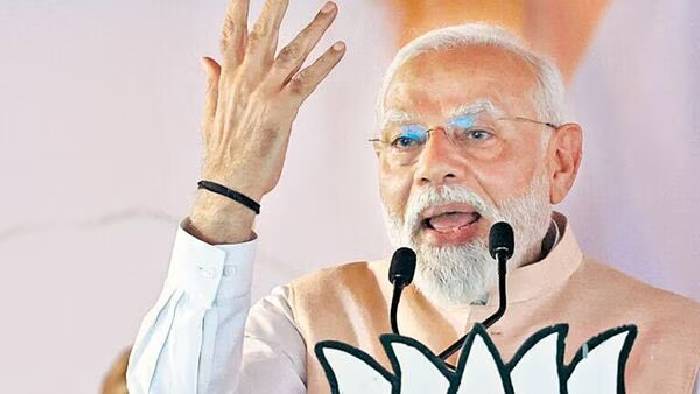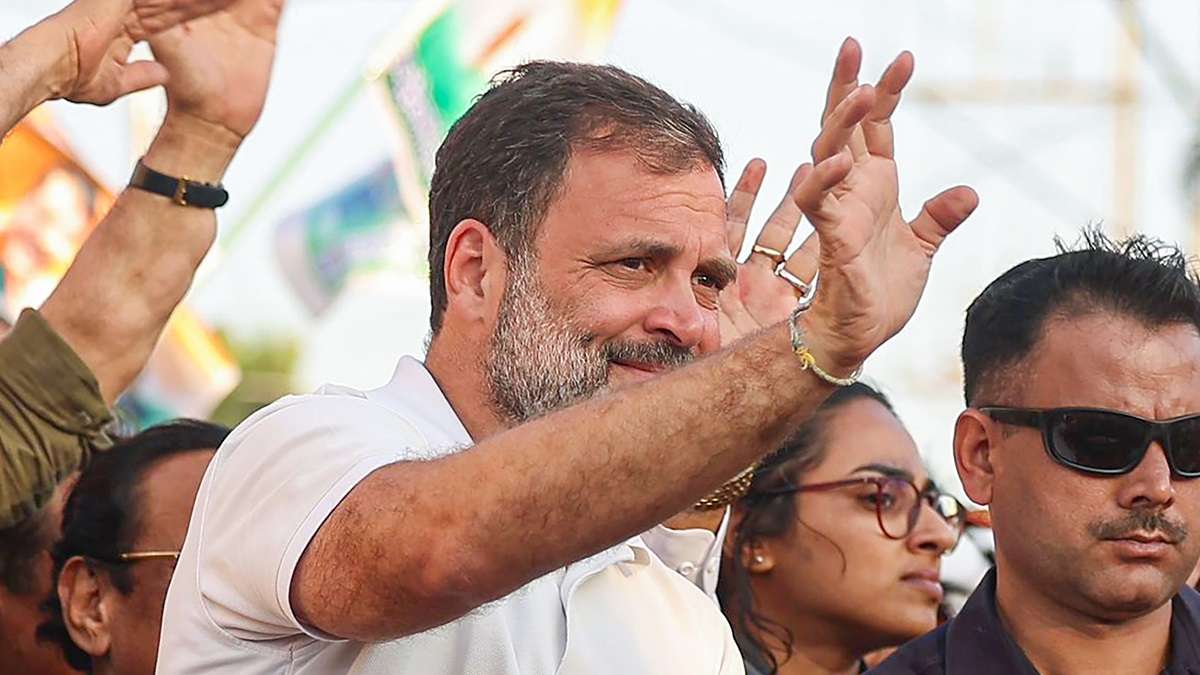The Eastern Rajasthan Canal Project (ERCP) casts a long shadow over Rajasthan’s political landscape, acting as both a potential boon and a source of contention. This ambitious irrigation and drinking water initiative aims to address chronic water scarcity in the region, but its path is riddled with complexities and conflicting narratives.
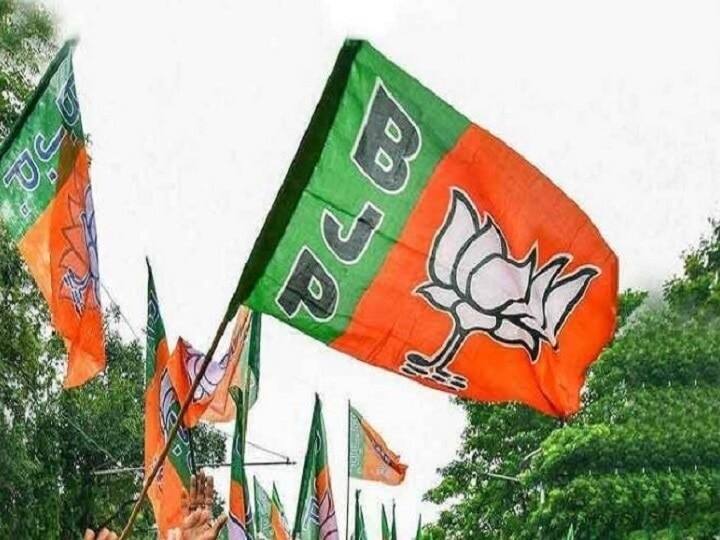 Proponents of the ERCP hail it as a lifeline for water-starved communities, arguing it will provide much-needed irrigation for agriculture, improve drinking water availability, and boost industrial development. The project has become a political rallying cry for the BJP, who see its completion as a key achievement and promise voters its benefits. However, opponents paint a different picture. They raise concerns about the project’s environmental impact, including potential damage to fragile ecosystems and unsustainable water diversion. Critics also question the project’s economic viability, highlighting concerns over-inflated costs and long-term debt burdens.
Proponents of the ERCP hail it as a lifeline for water-starved communities, arguing it will provide much-needed irrigation for agriculture, improve drinking water availability, and boost industrial development. The project has become a political rallying cry for the BJP, who see its completion as a key achievement and promise voters its benefits. However, opponents paint a different picture. They raise concerns about the project’s environmental impact, including potential damage to fragile ecosystems and unsustainable water diversion. Critics also question the project’s economic viability, highlighting concerns over-inflated costs and long-term debt burdens.
The ERCP’s journey has been fraught with legal hurdles. In 2019, the National Green Tribunal (NGT) ordered a stay on the project due to environmental concerns. The Rajasthan government appealed, and the Supreme Court is currently considering the case. This legal limbo adds further uncertainty to the project’s timeline and feasibility.
The ERCP has become a political football, tossed between the BJP and the Congress. The BJP positions itself as the champion of the project, highlighting its commitment to completing it. The Congress, while cautiously supporting the project’s objectives, criticizes the BJP’s handling and raises concerns about transparency and potential cost overruns. This political manoeuvring adds another layer of complexity to the project’s future.
Regardless of the upcoming Lok Sabha election results, the ERCP’s impact on Rajasthan’s political landscape will likely extend beyond 2024. The project’s outcome – whether it sees completion, modification, or even cancellation – will have significant social, economic, and environmental consequences. Its repercussions will resonate through future elections, influencing policy decisions and shaping the state’s water management strategies for years to come.
The ERCP is a complex issue with no easy answers. Understanding its multifaceted nature, with its environmental concerns, economic viability questions, and political implications, is crucial for navigating the ongoing debate and predicting its long-term impact on Rajasthan’s political and social fabric.

